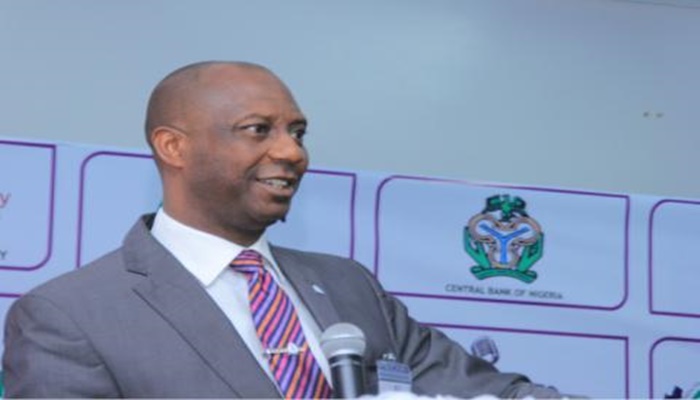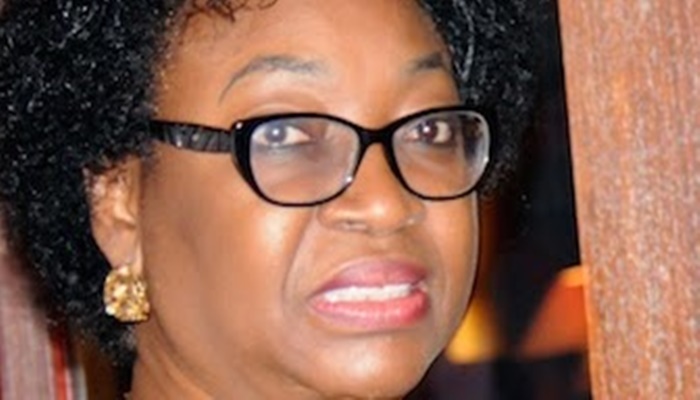
Some industry analysts have warned the Federal Government on the possibility of the recent announced recession blowing into full depression, if spending on infrastructure is not increased.
Financial experts, who spoke exclusively to Business247 News Online, following the declaration by the Nigerian Bureau of Statistics (NBS) that Nigeria economy is officially in recession for the first time in more than 20 years, said that Government needs to urgently address the challenges of infrastructural gap, policy inconsistency and fiscal and monetary policy mismatch so as to stimulate the nation’s economic development.
Reacting to the inquiry posted by our correspondent, Managing Director/CEO, B. Adedipe Associates, Dr. Biodun Adedipe, said that recession is bad news for all stakeholders, and it also demands creativity and pragmatism to reverse.
He tasked the government to provide leadership by spending more, especially on infrastructure to prevent a full blown depression and push for economic recovery.
Adedipe, further charged the government on the need to make business environment more friendly, ensure policy alignment with expansionary necessity and press more into transparency and value for money spending.
“The government needs to revisit the exchange rate policy — the current arrangement is counterproductive for an import dependent economy with weak real sector”.
Also speaking on this development, Managing Director, Cowry Asset Management Limited, Mr. Johnson Chukwu, said that with the economy going into a deeper recession, there is every likelihood of more job losses as consumer demand decline further.
“I think that our economic managers at both the fiscal and monetary sides need to evolve coordinated stimulus response to inject liquidity into the System and reverse the economic decline”, he said.
He, however, urged the nation’s economy managers on the need why emphasis should be shifted from fighting high rate of inflation but to intensify efforts in restoring economic growth.
In a similar direction, Director-General, Lagos Chamber of Commerce and Industry (LCCI), Mr. Muda Yusuf, said government should work to rekindle investors’ confidence in the economy because capital and investment flows from investors are needed to complement government’s developmental drives.
His words, “government can rekindle investors’ confidence in the economy by the quality and consistency of its policies”.
Also, Senior Economist, Africa and Middle East, Bloomberg Intelligence, Mark Bohlund, noted that Nigeria will be left behind if it fails to fix the power problem.
He also underscored the importance of strict adherence to rule of law as this will drive investment inflow into the country.
Meanwhile, the Minister of Finance, Mrs. Kemi Adeosun, has admitted that Nigeria is in its worst possible time with the Gross Domestic Product figures for the 2016 second quarter by the National Bureau of Statistics which confirmed the nation’s economy is in recession.
She said the nation has a long way to go and the government was not deceiving itself that all was rosy. According to her, “It’s the worst possible time for us. Are we confused? Absolutely not,” the minister said.
She, however, identified some of the ways the country could get out of recession to include diversification of the economy and investing in capital projects. She said, “How are we going to get ourselves out of this recession. One, we must make sure that we diversify our economy. There are too many of us to keep on relying on oil.
“We can see what happened at the output data of the oil and gas sector. What’s happening in the Niger Delta has dragged down the GDP of the entire economy. We are too dependent on oil, whereas 87 per cent of our GDP is non oil. So let us drive those other areas.







Comments are closed.